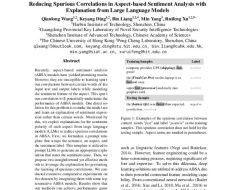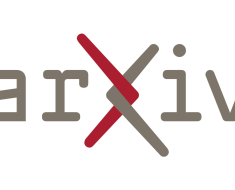![]()
Image Credits: TechCrunch
Google Maps is introducing a generative AI feature to help you discover new places, the company announced today.
Using large language models (LLMs), the new feature analyzes the over 250 million locations on Google Maps and contributions from over 300 million Local Guides to pull up suggestions based on what you’re looking for. For instance, if you want to find cool thrift shops in San Francisco, you can search “places with a vintage vibe in SF,” and Maps will generate shopping recommendations organized by categories, as well as “photo carousels and review summaries,” the company explains. The new feature is meant to feel more conversational than the ordinary search experience. If you ask a follow-up question like “How about lunch?” the AI will take your previous interest in vintage and find restaurants that meet the criteria, such as an old-school diner.
The company says the feature should be able to generate recommendations on even the most niche or specific query.
The early access experiment is rolling out this week in the U.S. and will be available to select Local Guides, Google’s community of members who contribute reviews, facts and photos on Maps to help other users with detailed information about different locations. It’ll become available to other users in the near future. The company hasn’t yet said which other countries would get the feature.
In October, Google updated Maps to be more like a search tool, introducing various AI-powered features like photo results and the ability to suggest specific places when entering vague queries like “things to do.” The new generative AI feature looks to be the next step in Maps’ journey to becoming a destination for discovering new places rather than only using it for navigation.
“This is just the beginning of how we’re supercharging Maps with generative AI,” Google wrote in today’s blog post.




